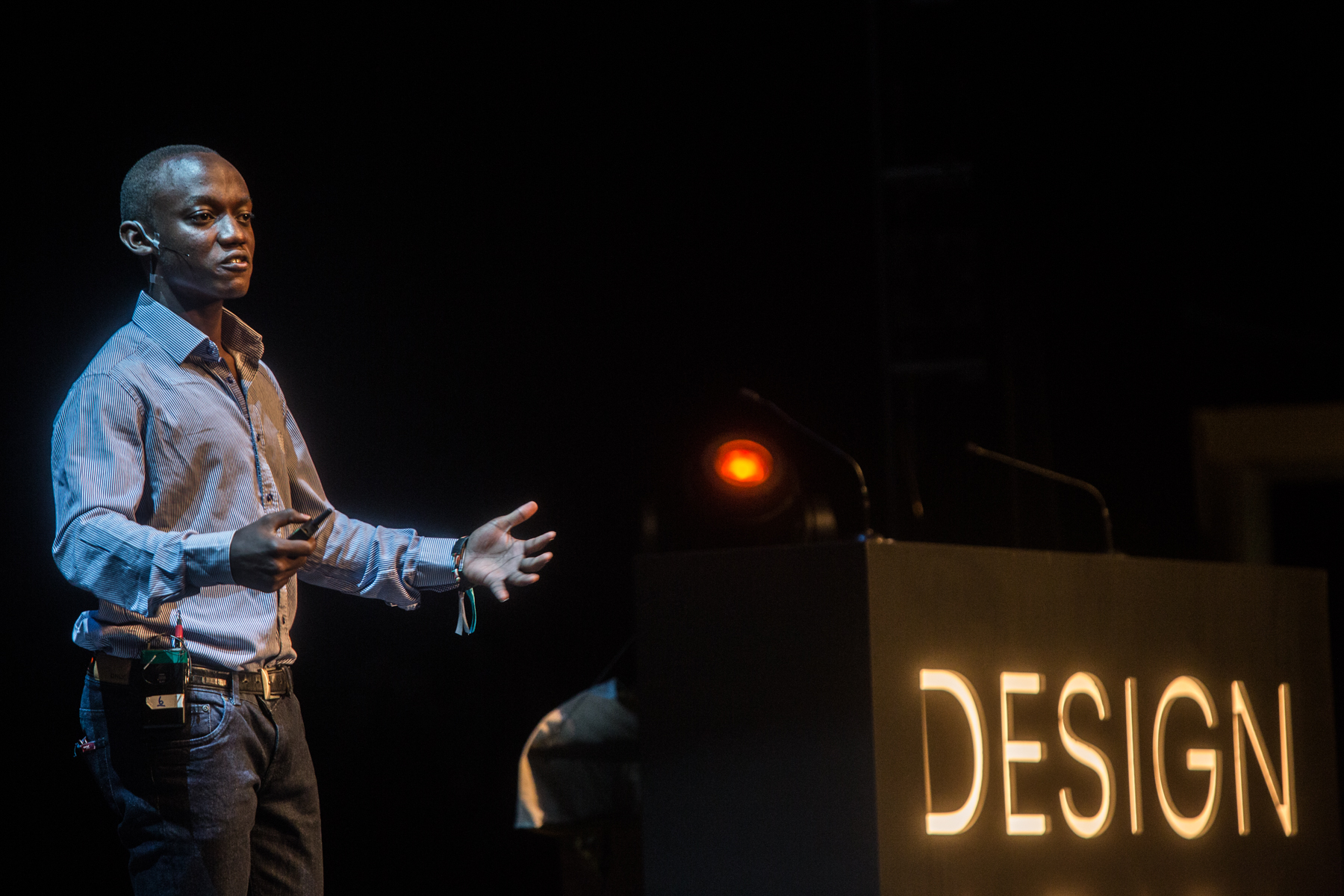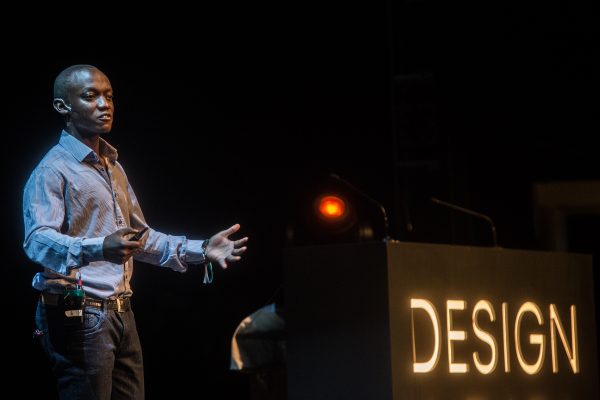
Energy from Waste: Greenpact’s Leroy Mwasaru is Driving Social Impact in Kenya
As a high school student of Maseno School, Young Leroy Mwasaru started Greenpact when his school faced a problem of a faulty sewer system. The sewer problem polluted nearby sources of domestic water for the neighboring community, sparking a demonstration against the school. In a bid to provide solution to this problem, Leroy and his classmates created a human waste bioreactor that utilized both human and organic waste to produce Biogas and organic fertilizer. Leroy’s prototype currently powers the school and this idea won them the first prize for invention through Innovate Kenya(an idea competition amongst high school students). He subsequently graduated and set up Greenpact in 2015 as a Limited Liability company.
Greenpact embraces the circular economy–using waste to generate Biogas (clean energy) and organic Fertilizer using waste as a resource to strengthen local communities socio-economically. Through a human waste bioreactor toilet that’s able to separate both solid and liquid waste to harness Biogas and fertilizer Leroy and his team offer both a service (monthly maintenance) and a product (our Bioreactor systems) to consumers in Kenya by using an approach in solving economies of scale for institutions using our systems.
With a vision of solving Kenya’s renewable crisis one biodigester at a time. Fast forward to today where we are making steps towards it, we now aim at being the ultimate provider of renewable energy in East Africa. This vision has inspired the birth of a few of the companies Leroy leads, trying to amplify the socio-economic empowerment Greenpact aspires to have on the continent.

Despite the hurdles starting up new to the entrepreneurship scene, Greenpact has been able to garner awards such as the YE finalist award, INDEX finalist award, winner of the Harvard Social Innovation Collaborative and winner of the Resolution Fellowship and media recognitions on Forbes, twice by CNN, HuffPost, CCTV America, Makeshift, UpWorthy, Fast Company and Grist. Today, I am One Young World Ambassador, a Royal Commonwealth Society Fellow and Collectively Ambassador.
Greenpact is currently at post revenue stage, thanks to its stakeholders who have been key in making sure climate change is embraced through renewable energy (Biogas). In a recent impact audit by PwC on Greenpact, our social return on investment was calculated to 1:19. Apart from lack of affordable renewable energy, Greenpact also solves for sanitation for local communities. Unfortunately, ill health and lost productivity costs the Kenya Water and Sanitation programme $ 324,000–0.9% of Kenya’s national GDP. Greenpact’s unique product offering (Bio-digesters) solve this problem.
Through the impact of Greenpact, Leroy has had several transformative experiences including sharing about the work of Greenpact in coastal and western regions in Kenya and sharing at international entrepreneurship conferences.
In 2016, Leroy got on the TEF programme and this he says turned his business around “I heard about the TEF programme from a previous alumni member who had gone through the programme and who saw the value it came with, so I applied and got in. The mentoring, training and funding from TEF was a key foundational catapult in my entrepreneurial journey, not only as a an social entrepreneur but also an African leader. The training from TEF also exposed me to the concept of Africapitalism, an important tool if at all we are to make socio-economic progress on the continent–a key concept Mr. Elumelu has always embodied. The training has been very foundational. Being the youngest at only 18 in my cohort has really informed my journey in leading, hiring and firing with my main company Greenpact. Despite having raised much more from investors and grants after, TEF has a special mark as a foundational seed for Greenpact. Going through TEF has also increased my validity as an entrepreneur with a couple of engagements I have had as a social entrepreneur.”
The lessons learnt through the TEF programme has inspired him to increase his impact footprint in his community leading him to start CampBuni, a social enterprise that teaches high school aged children human centered design thinking and entrepreneurship.
Albeit the success and recognition that Greenpact, Leroy says he and the team have encountered a couple of challenges like team management, vision articulation, raising capital, hiring and dilemmas in addressing our competing customers’ needs but through this he has learnt to better build the business “As a youth, the best way I’d say I learnt was through trial and failure, most importantly being ready to learn and not being afraid to fail. I’d say teamwork has been a key ingredient to Greenpact’s success thus far. Sometimes you inspire the team to a point all you have to do is get out of the way and offer your leadership.”
In the coming months, Leroy aims to increase the capacity of Greenpact systems fully satisfying the demand for renewable energy and carving a niche in Kenya. He will also be on a drive to across the East Africa region to encourage the adoption of renewable energy like Rwanda and Uganda and as well double the capacity of Greenpact by the 2nd quarter of 2019 to serve an even larger market and explore other forms of renewable energy like solar.
Leroy and his team can be reached via email
